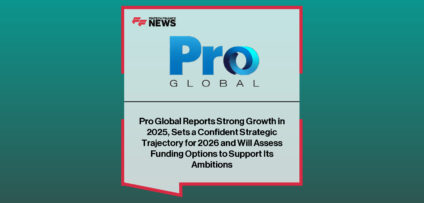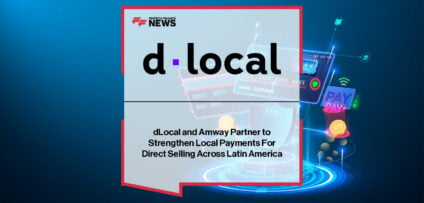Breaking News

Kita Launches Soil Organic Carbon Insurance Product, Unlocking Risk Protection for Regenerative Agriculture and Grassland Carbon Projects
Lloyd’s of London Coverholder, Kita, today announces the expansion of its Non-Delivery Insurance to support the scaling of Soil Organic Carbon (SOC) projects. This project type, which includes regenerative agriculture and grassland management, removes atmospheric carbon dioxide by increasing the carbon stored in soils. Kita has previously supported SOC projects under its counterparty insurance policy and is proud to now announce the extension of its comprehensive Non-Delivery Insurance for this project type.
SOC sequestration has the potential to be a powerful and scalable climate solution. The IPCC’s Sixth Assessment Report highlights that improved agricultural practices could contribute significantly to global carbon dioxide removal (CDR) targets. SOC projects may also deliver co-benefits aligned with sustainable development goals, such as enhanced food security, water retention and improvements to rural livelihoods.
While considered a nature-based climate solution with significant potential, these projects face underperformance and delivery risks that have historically deterred early investment. Kita’s Non-Delivery Insurance is designed to help manage risks in these transactions, providing developers, buyers and investors with protection against project delivery failures for reasons outside of their control.
Kita has built robust underwriting models tailored to the unique characteristics of SOC projects. Its Non-Delivery Insurance is intended to protect against certain defined risks of under-delivery of carbon credits – such as those associated with measurement uncertainty, environmental variability, and project implementation challenges.
“Nature-based solutions like SOC are essential to achieving net-zero, but they need financial infrastructure to scale,” said Tom Merriman, Chief Underwriting Officer and Co-Founder at Kita. “Our insurance is designed to provide the protection that the market needs to support these projects.”
Kita is delighted to expand project type coverage to include SOC, reflecting the company’s commitment to broadening the risk management landscape to support high-quality carbon solutions.
Why Soil Organic Carbon matters
Soil Organic Carbon is the largest terrestrial carbon pool, and small increases in SOC levels across global agricultural lands can yield significant climate benefits. According to the IPCC, SOC enhancement could deliver up to 2.6 Gt CO₂ per year in mitigation potential – more than the annual emissions of India.
SOC projects are gaining traction in the voluntary carbon market, with major buyers seeking high-integrity, nature-based credits. However, the sector’s growth is constrained by the lack of risk management tools. Kita’s insurance product fills this gap, enabling more structured finance and long-term investment.
As the world races to meet the Paris Agreement goals, SOC projects offer a cost-effective, scalable pathway to carbon removal, with significant co-benefits including improved soil health and biodiversity. With the right financial tools in place, SOC projects can play a central role in the transition to a net-zero future.
People In This Post
Companies In This Post
- YouLend and Intuit Team Up to Bring Embedded Capital to QuickBooks UK Customers Read more
- dLocal and Amway Partner to Strengthen Local Payments For Direct Selling Across Latin America Read more
- How Freedom Holding Corp Turned Technology Foundations into a Scalable Fintech Ecosystem | Freedom Holding Corp | The Fintech Show #161 Read more
- ComplyAdvantage Fintea Chats: Fighting Financial Crime in an Age of Faster, Smarter Criminals Read more
- ING: Why “Autonomous AI” Is Misunderstood Read more



















